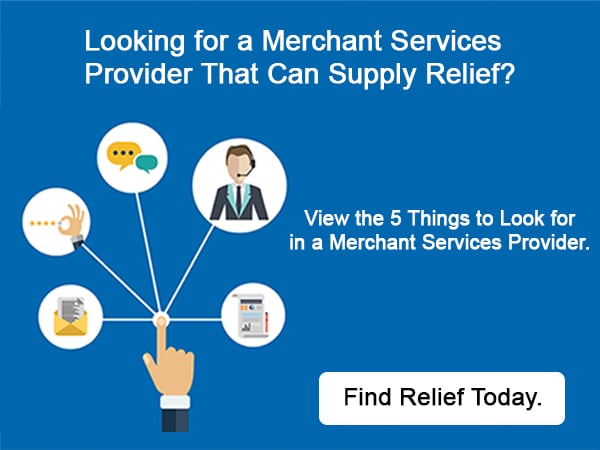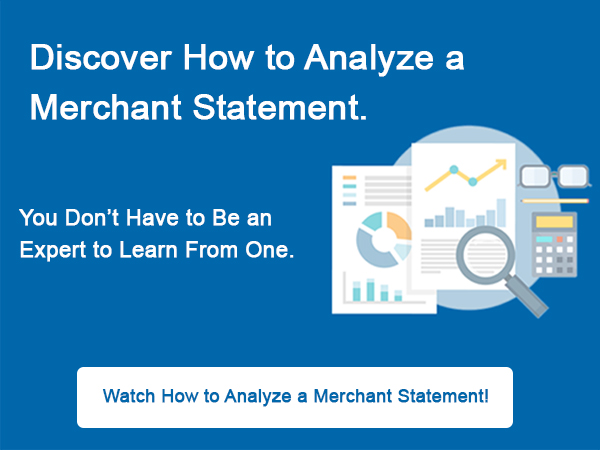
The retail business is all about customer service, and that means your employees are the very lifeblood of your store. They’re the ones giving your customers a great shopping experience, and as they take care of your customers, you’ll need to take care of them with an effective payroll system. Whether you’ve been in business for years or are just starting out, keep these things in mind when managing your payroll.
Get Your ID Numbers
Every business needs an Employer Identification Number (EIN). Also known as an Employer Tax ID or SS-4, the EIN allows you to report taxes and other documents to the IRS. In addition, you need an EIN to interact with certain state-level agencies. Depending on your location, you may also have to get ID numbers from your state or local government, so check with the authorities in your area to make sure your store is compliant.
In-House vs. Outsourcing
Payroll is a huge administrative task, and you’ll need a dedicated system to deal with all the record-keeping. For many retail stores, this means outsourcing to a payroll management company; others prefer to keep it in-house. Whether you choose to outsource or not, bear in mind that you, as the employer, will be held responsible if anything goes wrong. Get referrals from other retail owners to find a reliable, trustworthy payroll company in your area.
Get Professional Help
Even if you’re going in-house for your payroll management, you’ll need assistance from people who know the rules and regulations. If you aren’t a CPA yourself, hire one to help you set up your system. Keeping accurate records really isn’t all that difficult, but you need to be taught how to do it the right way.
Pay Periods
In some jurisdictions, you’ll have the option to pay your employees weekly, every other week, or monthly. In others, government regulations may have already determined the pay period for you. Remember that the IRS will also require you to withhold tax for a specified period. If you have the option, lean toward shorter pay periods; your employees will be happy to collect their checks that much sooner. Make sure, though, that your business’ finances are sufficiently in order to handle those frequent payments.
Contractors vs. Employees
Most retail stores depend heavily or exclusively on employees rather than contractors for day-to-day affairs, but you may find yourself in need of contract assistance with auxiliary aspects of your business. For instance, you might hire a contractor to work on your store’s website or to help with a promotional event. Whether a given individual is an employee or a contractor affects his or her taxes, Social Security and Medicare benefits and unemployment, so be sure to investigate the differences as they pertain to your payroll.
Document Everything
Payroll management doesn’t just involve direct compensation for hours worked. Benefits such as paid time off, health plan premiums and retirement contributions all affect your payroll system. You’ll also need to consider how you will track hours worked and how you will handle overtime compensation. Make sure your chosen method of handling all these issues is well-documented.
Get and Keep Paperwork
Every new employee you hire will have to fill out a W-4 tax withholding form to allow you to withhold the correct federal income tax from each paycheck. Moreover, you are legally required to keep a W-4 on file for all active employees and for three years after employment is terminated. Federal and state regulations will also require you to keep W-2 forms, copies of filed tax forms and documentation on all tax deposits. Failure to keep accurate records could land your business in hot water.
Separate Your Banking
As much as it may seem like an extra administrative hurdle, keeping your payroll funds separate from your general operating funds is the way to go. Talk to your bank about setting up a second account just to handle payroll, including taxes, benefits, Social Security, Medicare and any other payroll deductions. Most banks will work with you to provide the facts and figures you need to make sure your payroll obligations are met.
Know and Meet Your Deadlines
There are two federal paperwork deadlines to keep in mind. By January 31st of each year, you need to give W-2, 1099 and any other tax forms to employees and contractors; by March 15th, your corporate taxes are due. In addition, you’ll need to make sure any deadlines are met for state and local taxes. Contact your state tax agency for a list of required forms and deadlines for each one. Keep that list handy.
Be Vigilant
Remember, you as the business owner are held financially responsible for any payroll issues. If you underpay taxes or miss a deadline, don’t put off resolving the situation. Every day that passes after you’ve been notified by the IRS or a state or local agency costs your store money in the long term, and that’s an entirely avoidable expense. Deal with issues immediately as they emerge.
Grow Your Payroll With Your Store
Down the road, you may expand your store, open a second location or otherwise grow your business. The payroll system that worked just fine when you had 20 employees may be completely unwieldy when you have 200. As your business grows, constantly re-evaluate your payroll system to make sure it’s still working well. If it starts to become a drain on your resources, make adjustments accordingly.
Don’t Be Afraid to Ask For Help
It bears repeating that when it comes to managing payroll, it’s always worthwhile to go to financial and tax professionals for advice. Most commercial banks offer free consulting to their existing customers; take advantage of those services when you need them. Talk to your accountant. Go to your contacts in the business community for tips. Often, a little advice is all you need to make your payroll responsibilities manageable.
So where should small business owners start their search? We can answer 4 questions that will point you in the right direction — and help you steer clear of payroll providers and solutions that aren't a match.








 Facebook
Facebook Twitter
Twitter LinkedIn
LinkedIn Youtube
Youtube Glassdoor
Glassdoor